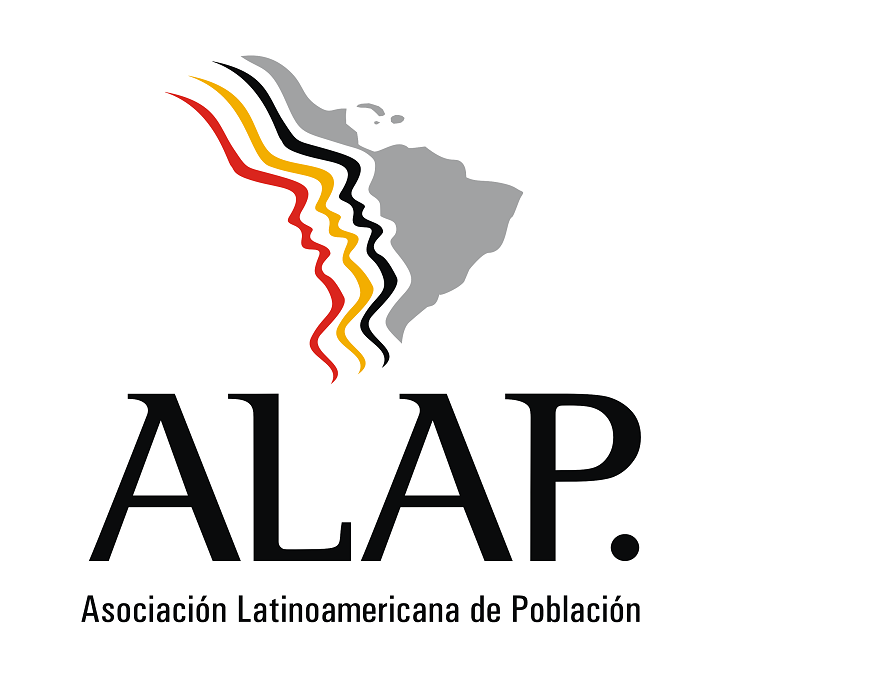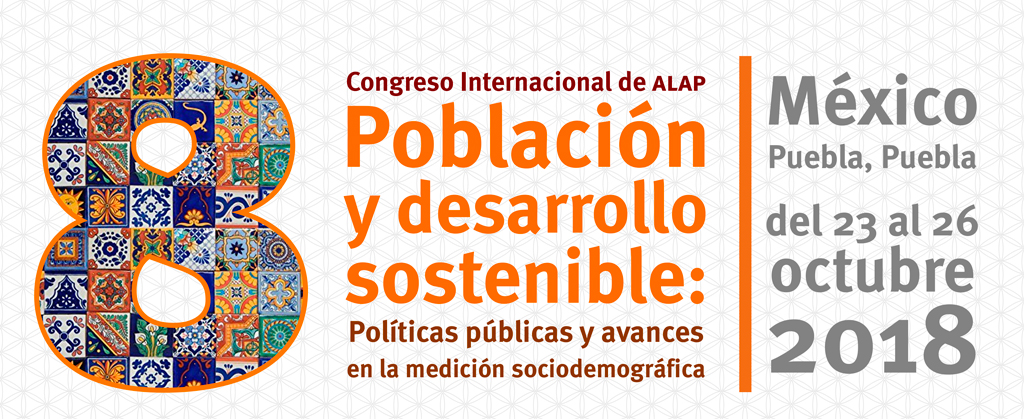| Inicio Programa | Plenarias | Sesiones Temáticas | Presentación de libros | Otras actividadades |
| Matriz completa | Mesas Redondas | Sesión de Pósters | Actividades Pre-Congreso | Participantes |
Two and a half Day Short Course
Bayesian Population Projections: Theory and Practice
Puebla, Mexico, October 21-23, 2018
Venue: Puebla Convention Center, room Constancia
Boulevard Héroes de 5 de Mayo, n. 402
Paseo de San Francisco, Colonia Centro Histórico
72000, Puebla, Pue. México
Tel. 01 800 000 27 83
http://www.convencionespuebla.mx/centrodeconvenciones/ubicacion.html
Instructors: Adrian Raftery (University of Washington), Hana Ševčíková (University of Washington), and Mark Wheldon (United Nations)
The instructors are leaders of the research group that developed the methods to be taught in the course (http://bayespop.csss.washington.edu).
Course description: Population projections have until recently usually been done deterministically using the cohort component method, yielding a single value for each projected future population quantity of interest. Recently, the United Nation Population Division adopted a probabilistic approach to project fertility, mortality and population for all countries. In this approach, the total fertility rate and female and male life expectancy at birth are projected using Bayesian hierarchical models estimated via Markov Chain Monte Carlo. They are then combined with a cohort component model, which yields probabilistic projection for any quantity of interest. The methodology is implemented in a suite of R packages, which has been used by the UN analysts to produce the most recent revision of the World Population Prospects.
This course will teach the theory and practice behind the UN probabilistic projections. Ideas of the Bayesian hierarchical modeling for the two main components, fertility and mortality, will be explained. In hands-on exercises, students will become familiar with the functionality of the R packages. By the end of the course, they will have a basic understanding of the methods, be able to generate projections using their own data, and visualize probabilistic projections for many quantities of interest using various output formats, such as graphs, tables, maps, and pyramids. The target audience for the course includes professional demographers in government, international agencies, universities and industry, as well as advanced students in relevant disciplines (demography, statistics, sociology, economics, anthropology, actuarial science, etc.).
Organization: We will alternate between lectures and computer labs. The computer labs give students the opportunity to put the theory into practice.
Sunday, October 21: [08:30 – 17:00 hours]
- Introduction to Bayesian statistics and Markov chain Monte Carlo.
- Introduction to probabilistic population projections.
- Probabilistic projection of fertility.
- Computer lab: Projecting the total fertility rate using the bayesTFR R package.
Monday, October 22: [08:30 – 17:00 hours]
- Probabilistic projection of life expectancy.
- Computer lab: Projecting life expectancy using the bayesLife R package.
- Probabilistic Population Projection.
- Computer lab: Generating and visualizing probabilistic population projections using the bayesPop R package.
Tuesday, October 23: [08:30 – 12:00 hours]
- Lecture & Computer lab: Subnational probabilistic population projections
- Lecture & Computer lab: Population reconstruction
Course prerequisites: Students are expected to be familiar with basic probability and statistics (at least at the level of linear regression), and to have a basic knowledge of the R programming language. Online tutorials for R are available at cran.r-project.org. Students should bring a recent good laptop with R installed. They are encouraged to download, install and experiment with the bayesTFR, bayesLife and bayesPop R packages before the course at cran.r-project.org. A list of course readings will be provided. In addition, participants should be registered for the 8thALAP International Conference. The workshop would take place in English and no translation would be available.
Logistical arrangements: Participants should apply to the following e-mail address, puebla.workshop.unfpa@gmail.com, submitting a short description of your: 1) motivation for participating (1 paragraph), 2) summary of qualifications and experience, 3) details on nationality and 4) details on current location where you would be travelling from, and 5) requirements for financial support, if necessary:
i) Airplane ticket:
ii) DSA (Daily Subsistence Allowance):
iiii) Registration fee:
iv) Full support:
UNFPA would be providing selective financial support to selected candidates. The total amount of participants would be limited to 65 people.

